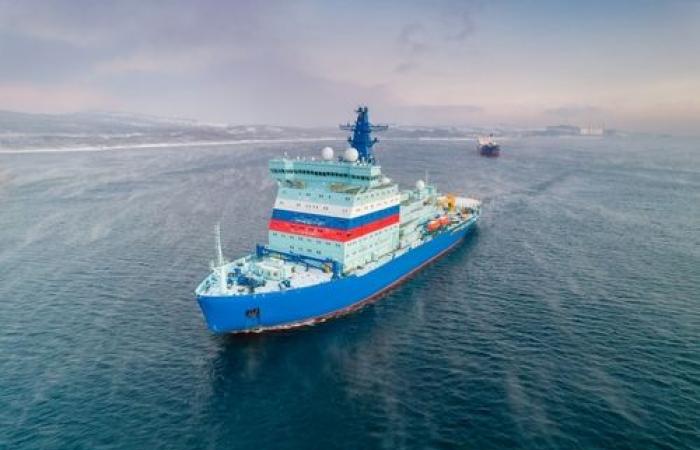The use of oil in Antarctica was banned in 2011 but a fight to extend this ban to other territories has been led by environmental organizations ever since.
The urgency to act
A few months ago, scientists revealed a worrying fact: the Arctic could be ice-free by the summer of 2030. The International Maritime Organization (IMO) has therefore promulgated a second ban on oil in 2021, ten years after the previous one. The ban on the use of heavy fuel oil comes into force on July 1, 2024.
You should know that it is impossible to clean this substance from oil refining if it is spilled. It is therefore important to consider the use of alternative fuels for the future.
A particularly harmful effect in the Arctic
If the Arctic is particularly impacted by HFO, this low-cost high-sulfur fuel, it is because of the black carbon it emits. Indeed, this greatly accelerates the melting of ice and snow in this environment. Many experts say that the fuel does not decompose in cold waters as it does in waters at higher temperatures. On the contrary, it becomes embedded in the sediments.
Black carbon therefore has a double effect: it attracts heat when it is present in the atomsphere and accelerates the melting of ice and snow when it settles on it.
When burned, HFO produces large quantities of gases that contribute to global warming, which is even more dangerous in places playing a major role in climate change such as the Arctic.
A mixed progress
Environmental organizations and their advocates do not find this initiative adapted to the impact of HFO on the Arctic and even the oceans in general. Indeed, according to them, too many clauses are likely to allow more than half of maritime companies to continue using it. The International Council on Clean Transportation specifies that approximately 74% of ships that use HFO will be able to continue doing so.
For example, ships with “protected fuel tanks” will be exempt from the ban, as will countries bordering the Arctic if they wish. A clause in force until 2029, when all exemptions will end.






